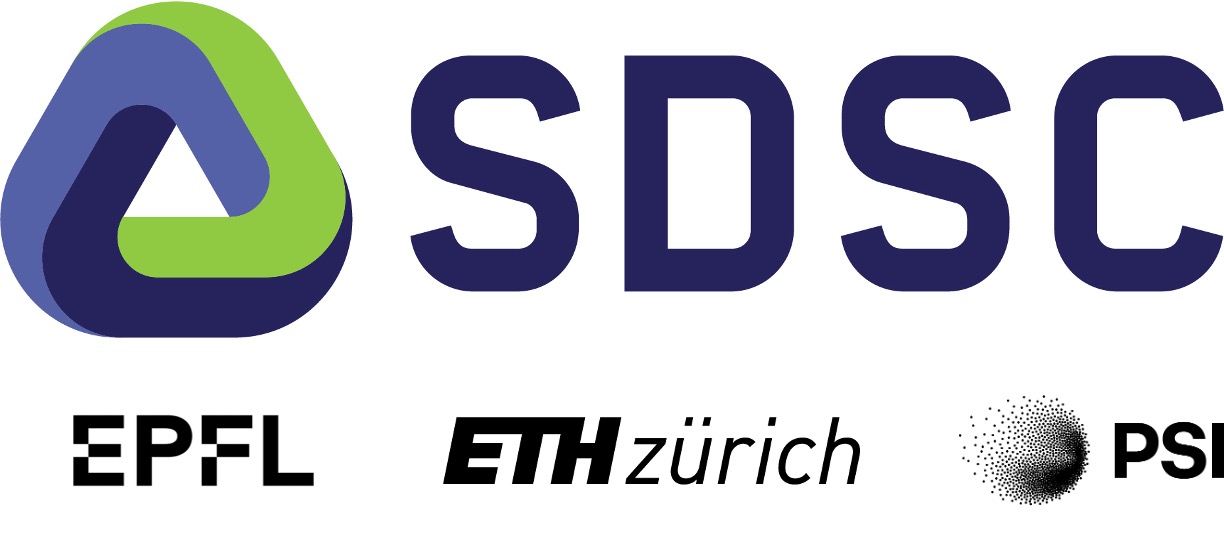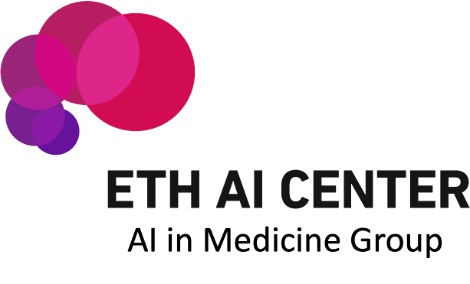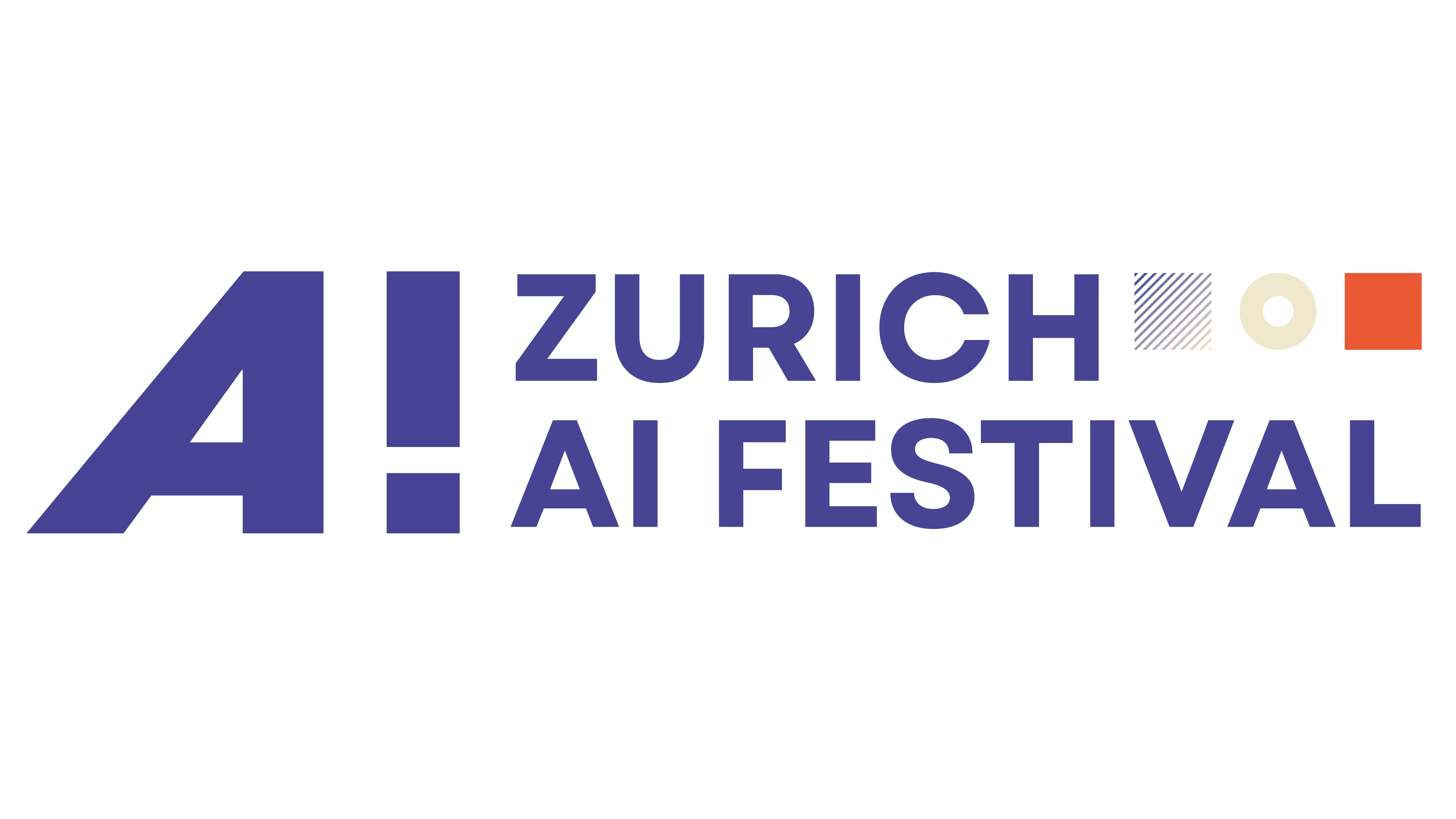Confirmed speakers
Introducing currently confirmed speakers joining us at "SDSC-Connect: Translating AI to Clinical Practice" on September 30, 2025, in Zurich. Stay tuned for more!
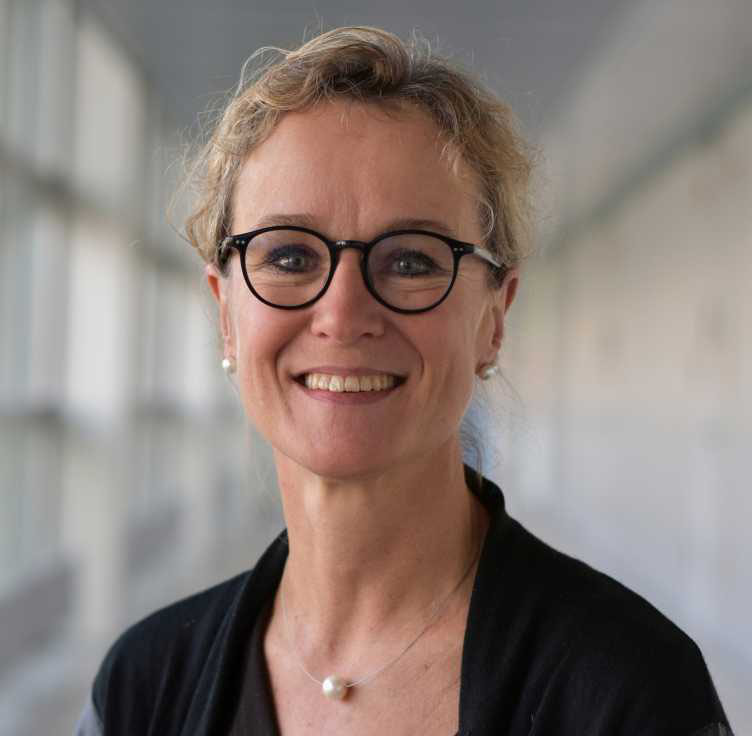



Annette Oxenius is Vice President for Research at ETH Zurich and Full Professor of Immunology in the Department of Biology. Her work explores how T and B cells shape immune responses during viral infections, providing fundamental insights into both acute and persistent disease. She earned her doctorate at ETH Zurich and pursued postdoctoral research with Rodney Phillips at the University of Oxford before returning to ETH in 2002, where she became Full Professor in 2012.
Recognized with honors such as the Cloëtta Prize and election to EMBO, her research has made lasting contributions to infection immunology. As Vice President, she emphasizes that fundamental and applied research are both vital to innovation, and she is committed to strengthening ETH as a hub for cross-disciplinary discovery at the interface of technology, life sciences and medicine.

Annette Oxenius
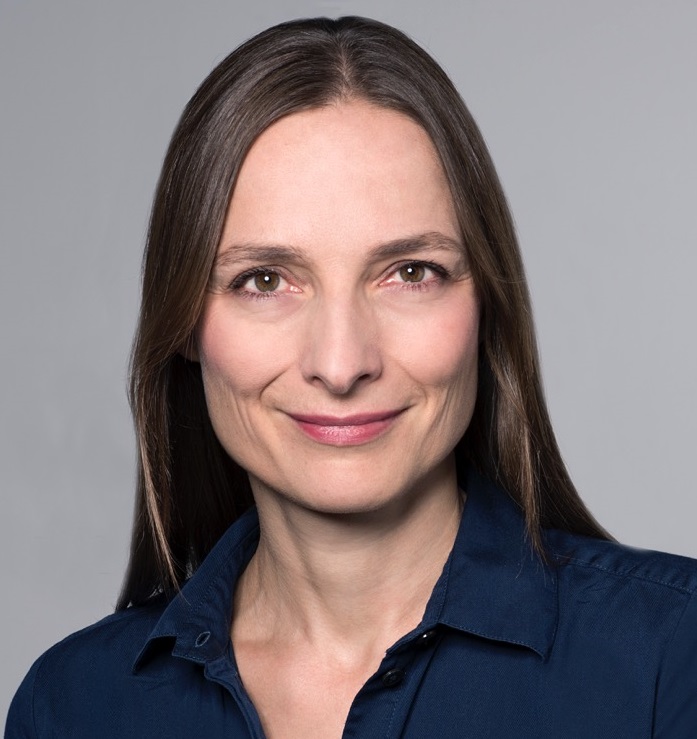



Susanne Wegener is a Senior Physician at the Department of Neurology at University Hospital Zurich (USZ) and SNF Professor at the University of Zurich. She specializes in stroke and neuroangiology, with clinical expertise in duplex sonography, headache, EEG, cerebral imaging, and both primary and secondary cardiovascular prevention - particularly in women’s health. Her academic career includes medical and doctoral training in Hamburg, research posts at the Max Planck Institute and UC San Diego, and a habilitation from the University of Zurich.
Her research focuses on translational stroke science, including prediction of recovery in acute stroke, the role of microcirculation and neuroplasticity (KFSP Stroke), and mechanisms of reperfusion failure. She also investigates optoacoustic imaging in cerebrovascular disease and the specific cardiovascular risks faced by women. With numerous publications to her name, she actively contributes to the field’s advancement and outreach.
Combining clinical excellence with innovative research, she plays a leading role in bridging basic neuroscience and patient care, with the goal of improving outcomes and prevention strategies in cerebrovascular disease.

Susanne Wegener
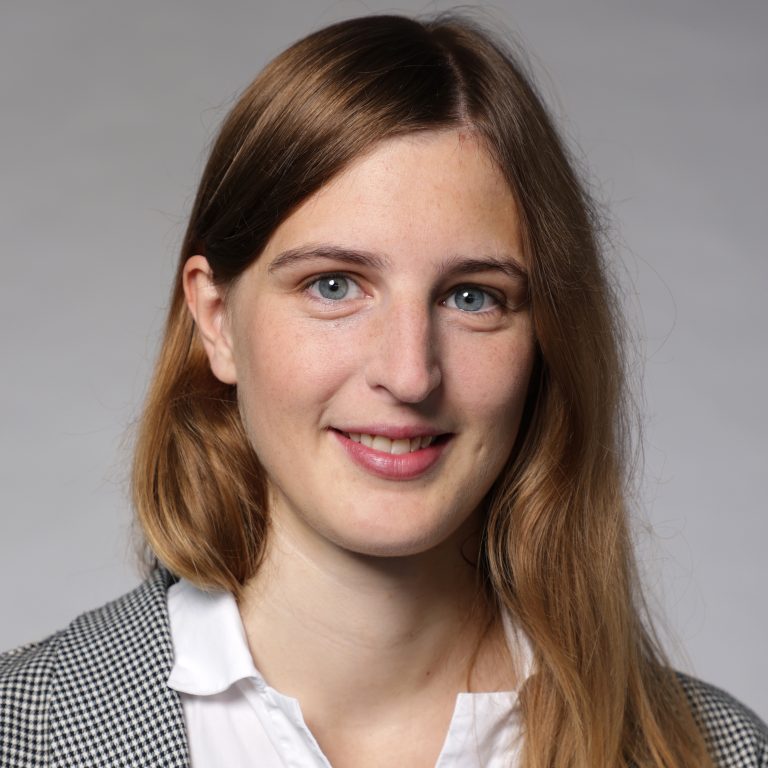



Charlotte Bunne is an assistant professor at EPFL in the School of Computer and Communication Sciences (IC) and School of Life Sciences (SV). She is part of the Swiss Institute for Experimental Cancer Research (ISREC) and the EPFL AI Center. Before, she was a PostDoc at Genentech and Stanford working with Aviv Regev and Jure Leskovec and completed a PhD in Computer Science at ETH Zurich working with Andreas Krause and Marco Cuturi. During her graduate studies, she was a visiting researcher at the Broad Institute of MIT and Harvard hosted by Anne Carpenter and Shantanu Singh and worked with Stefanie Jegelka at MIT. Charlotte has been a Fellow of the German National Academic Foundation and is a recipient of two ETH Medals.

Charlotte Bunne




Michael Moor MD, PhD is a Tenure-Track Assistant Professor of Medical AI at ETH Zurich in the Department of Biosystems Science and Engineering (D-BSSE). Prior to this, he conducted postdoctoral research in the Department of Computer Science at Stanford University, under the mentorship of Prof. Jure Leskovec. He earned his PhD in the Machine Learning and Computational Biology Lab at ETH Zurich, advised by Prof. Karsten Borgwardt, and holds an MD from the University of Basel.
His research focuses on developing medical foundation models and language agents grounded in medical knowledge, capable of flexibly integrating multiple data modalities, performing multi-step clinical reasoning, and learning in real time from interactions. His work has been published in leading journals such as Nature and Nature Medicine, and presented at top AI conferences including NeurIPS, ICML, EMNLP, and ICLR. He was a recipient of a fellowship from the Swiss Study Foundation.

Michael Moor
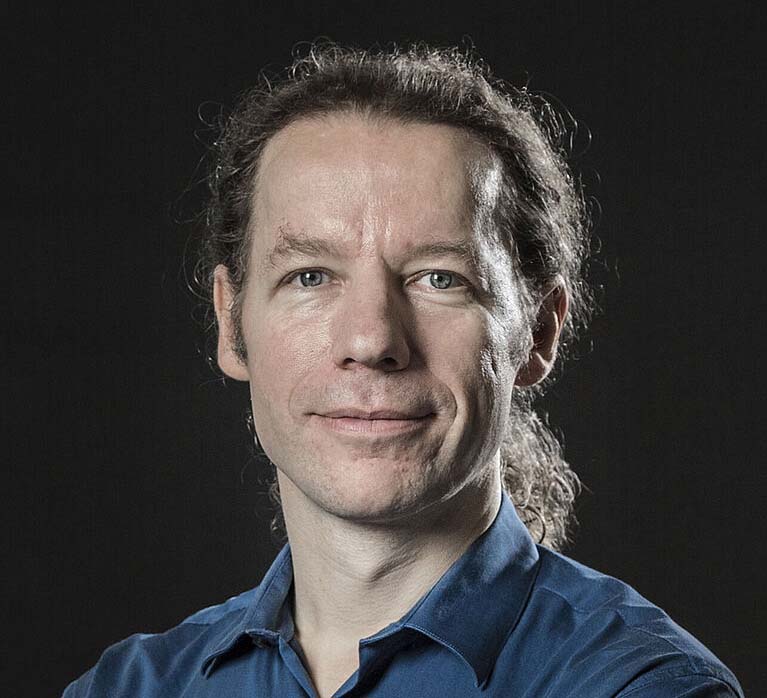



Gunnar Rätsch heads the Biomedical Informatics Group at ETH Zurich’s Institute of Machine Learning. He also serves as Adjunct Faculty at University Hospital Zurich and is a Core Faculty Member at the ETH AI Center.
His team tackles complex biomedical challenges with cutting-edge machine learning. Current projects include algorithms for medical time series, multi-modal single-cell and spatial data, and biological sequence analysis. He has led local, national and global research efforts, such as the RNA analysis working group of the International Cancer Genome Consortium, working groups in the Swiss Personalized Health Network and the LOOP Biomedical Informatics platform.

Gunnar Rätsch
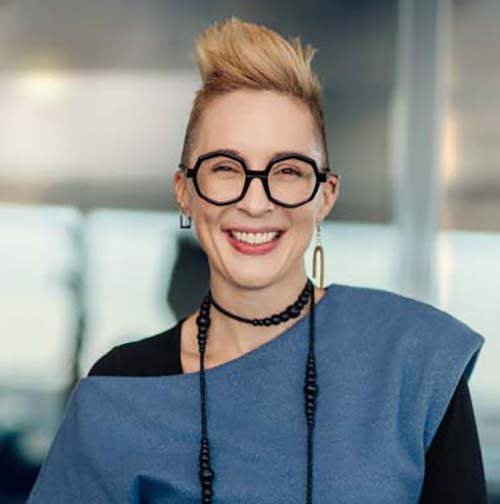



Mary-Anne (Annie) Hartley (Prof MD) is the director of LiGHT (Laboratory for Intelligent Global Health and Humanitarian Response Technologies) based at EPFL School of Computer Science with active sites in the U.S. (Harvard School of Public Health), Rwanda (C4IR) and India (Ashoka University).
Her work integrates AI, clinical research, and humanitarian response, including leadership in vaccine trials and epidemic modeling. With experience spanning Ebola outbreaks to COVID-19 trials, she has collaborated with ministries of health and global NGOs. Her mission is to bring intelligent, scalable solutions to underserved health systems worldwide.

Annie Hartley
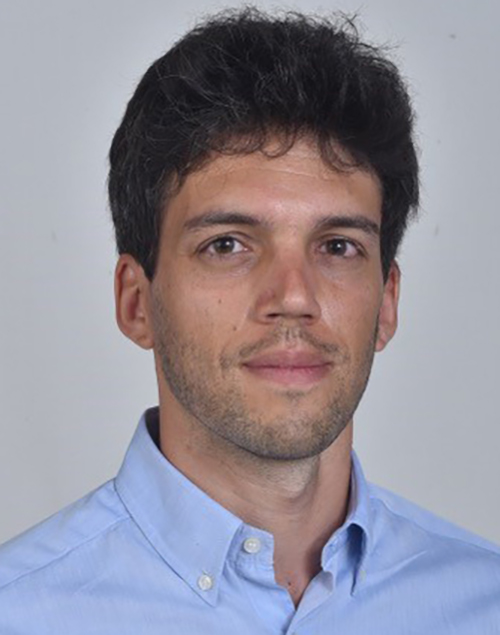



Jean Louis Raisaro is Head of the Clinical Data Science Group at CHUV’s Biomedical Data Science Center and Tenure-Track Assistant Professor at Vaud University Hospital (CHUV) and the University of Lausanne (UNIL). He holds a PhD from EPFL and degrees in Biomedical Informatics and Bioengineering from the University of Pavia.
His research focuses on safe, privacy-preserving AI/ML in healthcare, with contributions in federated analytics, secure cloud computing, anonymized data generation, and semantic interoperability. His work supports clinical decision-making and hospital optimization, and has been adopted by the Swiss Personalized Health Network. He has published in leading journals including Nature Communications, Nature Computational Science, JAMIA, and JMIR.

Jean Louis Raisaro
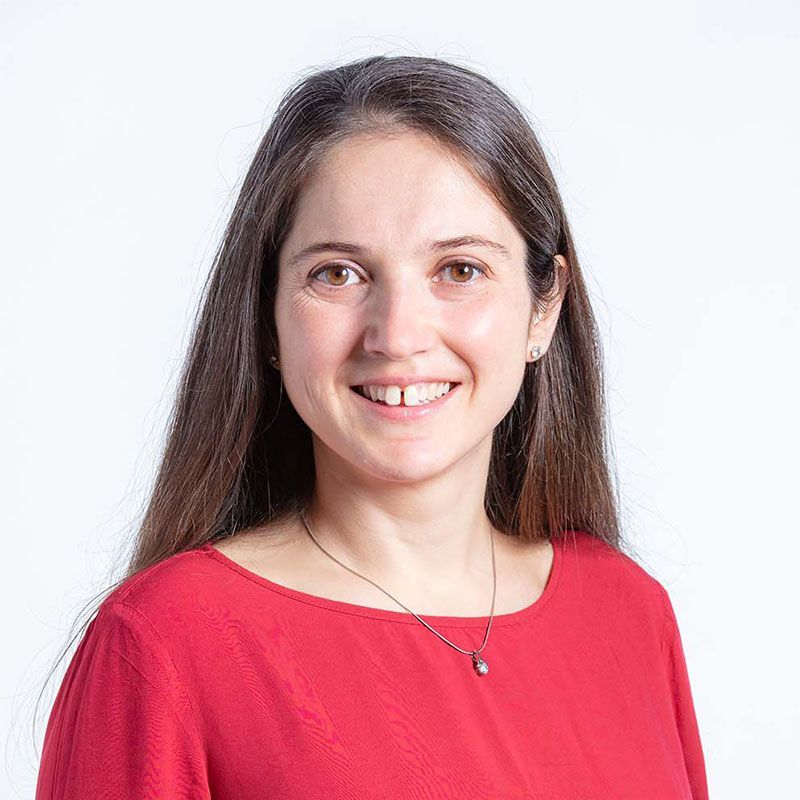



From particle physics to AI-driven healthcare, Snežana’s career has been a journey of discovery and innovation. With a PhD in physics and a research background at CERN, she sharpened her expertise in large-scale international collaborations in fundamental science before transitioning into applied and clinical data science.
Now, as a Senior Data Scientist at the Swiss Data Science Center and an external member of the Biomedical Data Science Center of the University Hospital of Lausanne, she develops AI-powered tools that assist clinicians in making life-saving decisions by predicting and monitoring medical risks in hospitalized patients. Snežana is passionate about artificial intelligence as a tool for empowerment and strongly advocates for multidisciplinary collaboration as the key to building truly human-centric AI. Beyond the world of AI and healthcare, she’s also a proud mother of two little boundless sources of energy and inspiration.

Snežana Nektarijevic




Sukalp Muzumdar is an AI and data science leader specializing in applying advanced analytics and generative AI to life sciences and precision medicine. As Head of GenAI Adoption and Senior Data Scientist at Scailyte, he drives strategy and implementation of cutting-edge solutions across R&D, clinical development, and business operations. With a PhD from ETH Zürich and postdoctoral research at Cold Spring Harbor Laboratory, Sukalp brings expertise in multimodal data analysis, biomarker discovery, and cloud-based deployments. He is passionate about bridging technical innovation with commercial strategy, enabling transformative applications of AI in healthcare, clinical trials, and translational research.

Sukalp Muzumdar
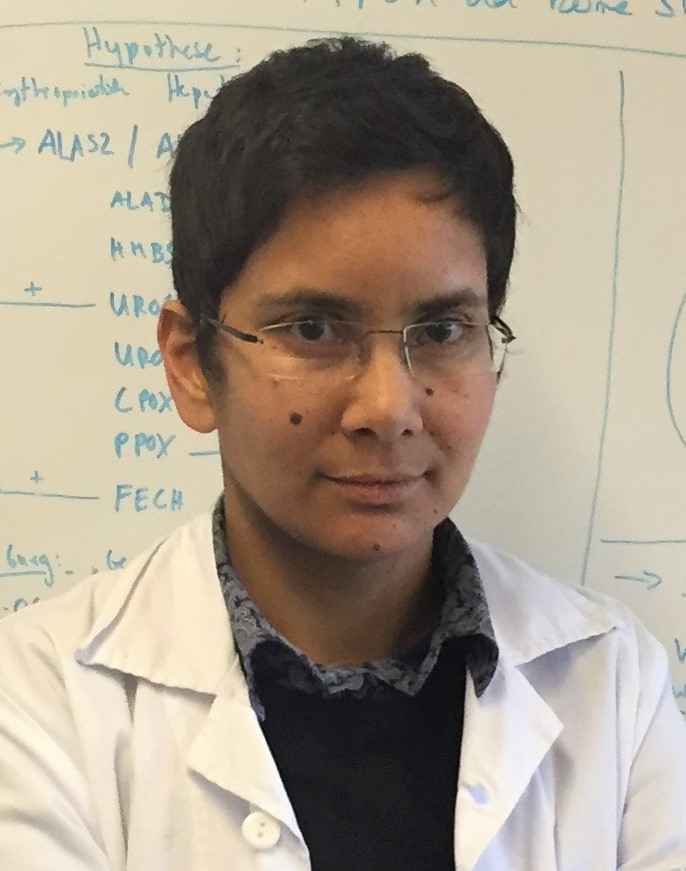



Jasmin Barman-Aksözen is a scientist and a patient with the ultra-rare inborn error of metabolism erythropoietic protoporphyria (EPP). She is part of the University Research Priority Program “ITINERARE – Innovative Therapies in Rare Diseases” at the University of Zurich. She also serves on the Scientific Advisory Board of ProRaris and International Porphyria Patient Network (IPPN).
She studied molecular biology and biochemistry at the University of Heidelberg and obtained her PhD and Venia Legendi from the University of Zurich. During her PhD, she helped to develop the first drug for her own disease which is meanwhile approved in the EU, USA and Australia.
Her research topics cover basic science, diagnostics and drug development in EPP and related diseases (the porphyrias), as well as ethical, legal, social and health economics aspects of regulatory assessment and benefit evaluation of drugs for very rare disease (orphan drugs).

Jasmin Barman-Aksözen
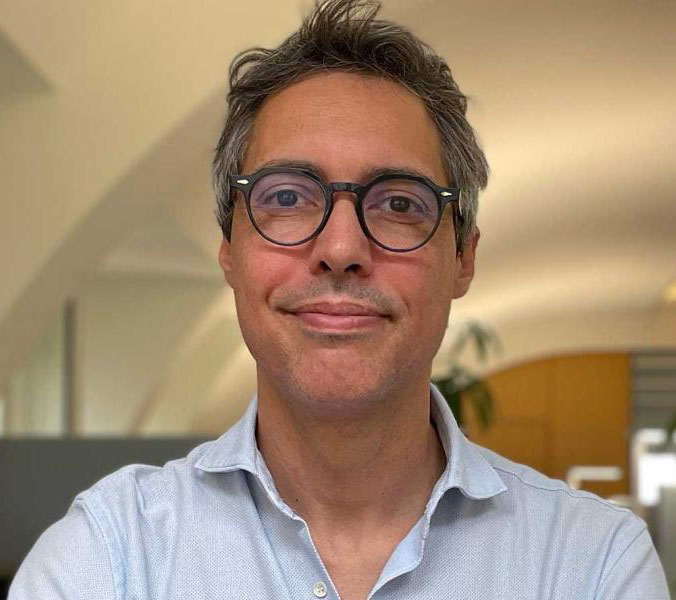



Alessandro Blasimme is a reader in bioethics at Swiss Federal Institute of Technology (ETH Zürich). He has held research appointments at the French National Institute of Health and Medical Research (INSERM) as well as the University of Zürich, before joining ETH Zürich. In 2013 he received a Fulbright-Schuman Scholarship to undertake research at the Program on Science, Technology and Society, Harvard University (USA) where he was a fellow.
His research focuses on ethical and policy issues in biomedical innovation and biotechnology. His areas of expertise include translational medicine, precision medicine, stem cell research, aging and artificial intelligence. He has published widely in leading bioethics and medical journals and he is a principal investigator in national as well as international research consortia.
He is a visiting professor in bioethics at La Sapienza University of Rome (2022).

Alessandro Blasimme
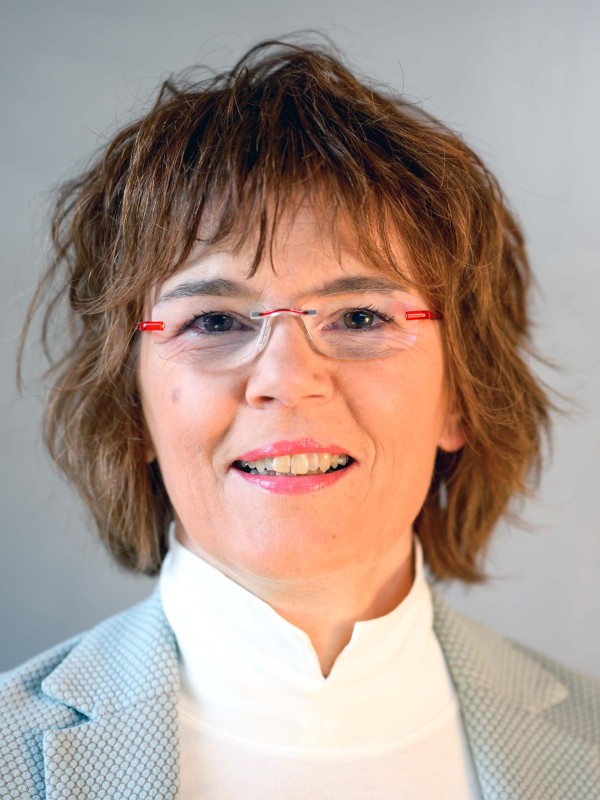



Sabine Goldhahn is a medical doctor by training, who is fully dedicated to clinical research. She spent more than two decades in global clinical research where she planned, performed, and analyzed clinical trials. In her role as the medical director of a Swiss medtech startup she was managing the regulatory and operational challenges of clinical trials for market access. Currently, she is the programme manager of the MAS in Digital Clinical Research at ETH Zurich. In her additional role as communicator and science journalist, Dr Sabine Goldhahn makes research findings accessible to the public.

Sabine Goldhahn
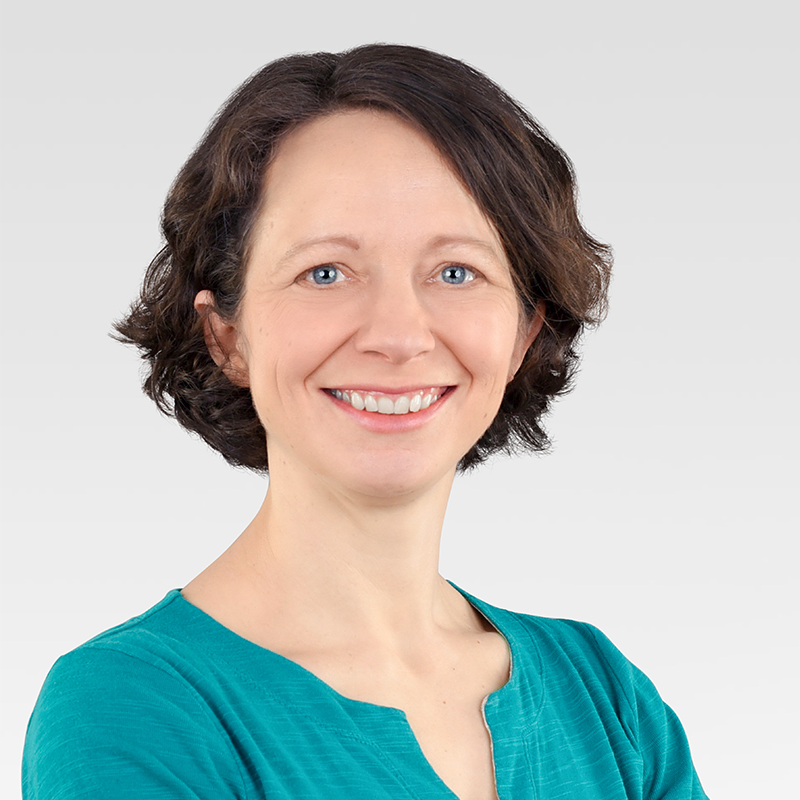



Nora Toussaint currently serves as the Head of Biomedical Data Science and Lead of the Health & Biomedical Vertical at the Swiss Data Science Center (SDSC). She earned her PhD from University of Tübingen, focussing on silico design of peptide-based vaccines. During her postdoc at MSKCC in New York and later as a staff scientist at the New York Genome Center, she worked on metagenomics, infectious diseases, and cancer. In 2015, Nora joined NEXUS at ETH Zurich where her focus shifted towards the management of clinical and biomedical research data. She assumed her current role at SDSC in 2024.

Nora Toussaint
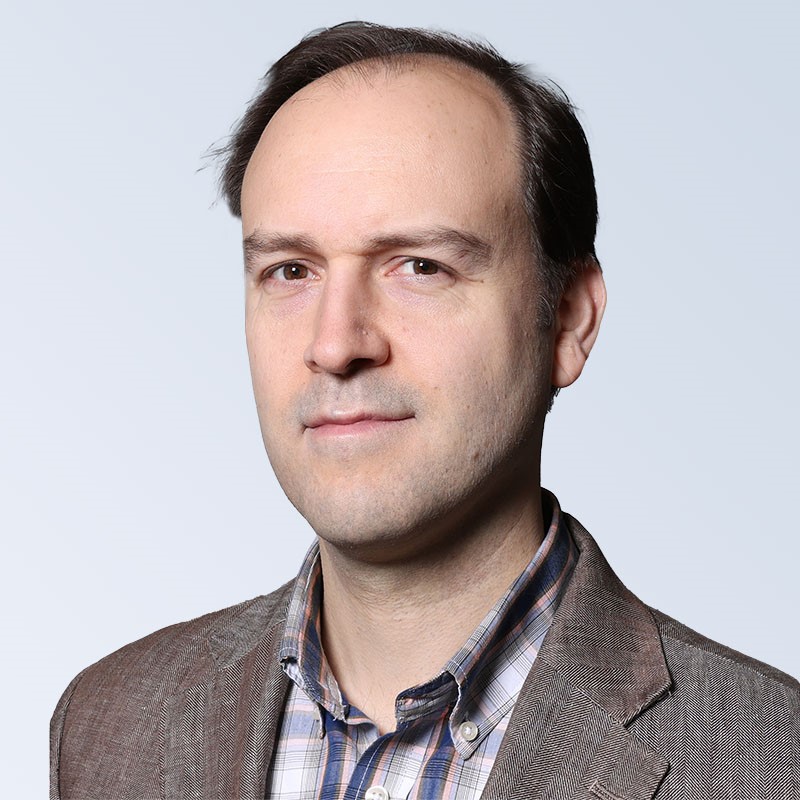



Guillaume Obozinski is Deputy Executive Director and Chief Data Scientist at the Swiss Data Science Center, while also serving as a Titular Professor at ETH Zurich. He graduated with a PhD in Statistics from UC Berkeley in 2009. He did his postdoc and held until 2012 a researcher position in the Willow and Sierra teams at INRIA and Ecole Normale Supérieure in Paris. He was then Research Faculty at Ecole des Ponts ParisTech until 2018. Guillaume has broad interests in statistics and machine learning and worked over time on sparse modeling, optimization for large scale learning, graphical models, relational learning and semantic embeddings, with applications in various domains from computational biology to computer vision.

Guillaume Obozinski
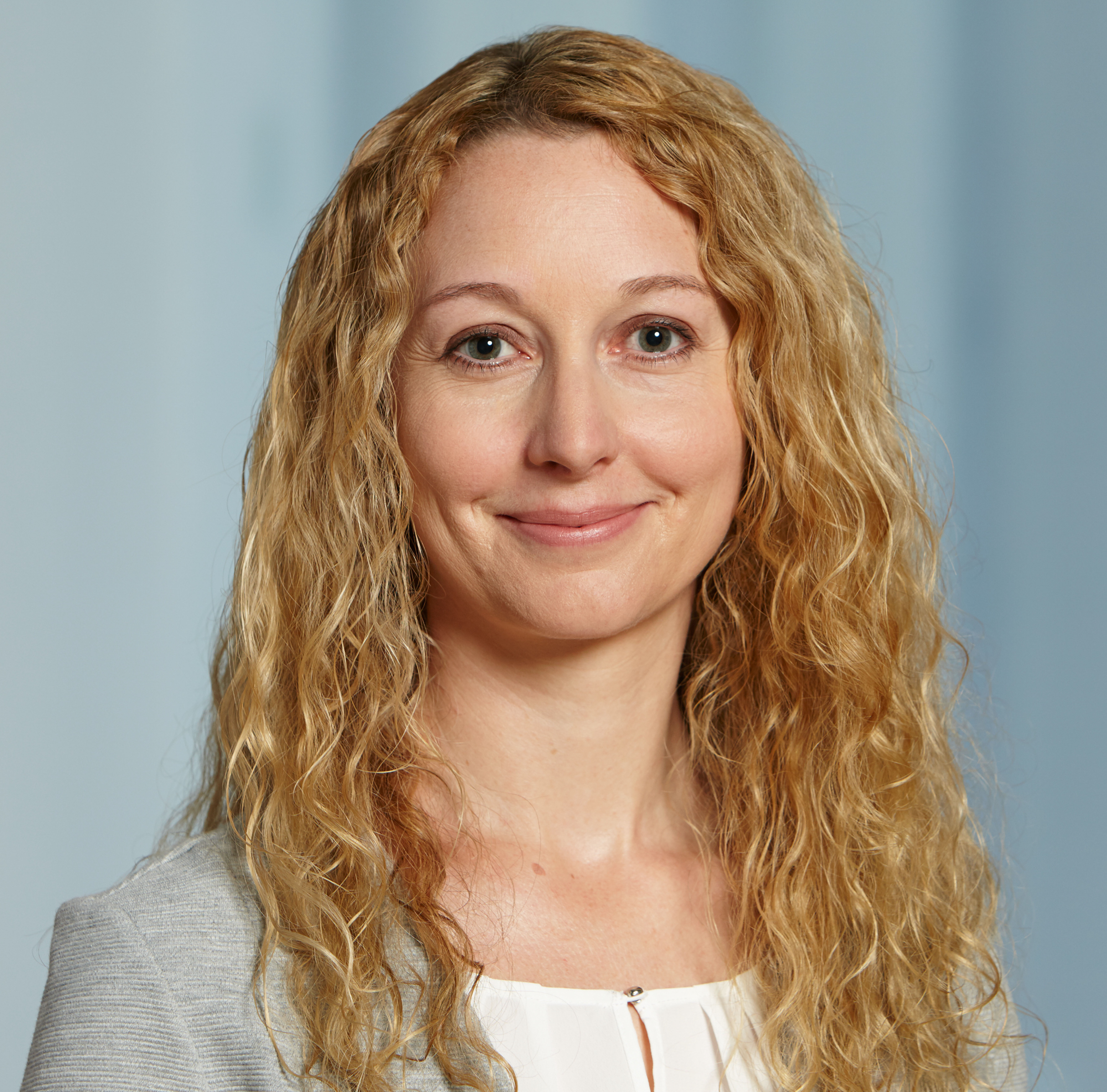



Julia Vogt is an assistant professor in Computer Science at ETH Zurich, where she leads the Medical Data Science Group. The focus of her research is on linking computer science with medicine, with the ultimate aim of personalized patient treatment. She has studied mathematics both in Konstanz and in Sydney and earned her Ph.D. in computer science at the University of Basel. She was a postdoctoral research fellow at the Memorial Sloan-Kettering Cancer Center in NYC and with the Bioinformatics and Information Mining group at the University of Konstanz.

Julia Vogt




Anna Fournier joined SDSC in 2019 as a Data Scientist focusing on industry collaborations. She completed her PhD in Bioinformatics at the University of Luxembourg, where she analyzed large-scale heterogeneous datasets and leveraged multiple disciplines: Statistics, Network Analysis, and Machine Learning. Prior to joining SDSC, Anna worked as a Data Scientist at Deloitte Luxembourg, with a focus on computer vision and time-series analysis. Currently, Anna is a Principal Data Scientist based at the ETH Zurich office, where she leads biomedical collaborations with industry partners. Anna works on a range of projects in the Health & Biomedical domain, including protein properties prediction, biomanufacturing optimization and statistical model evaluation.

Anna Fournier

Plan your day at SDSC-Connect
Dive into the carefully crafted schedule filled with engaging talks and thought-provoking sessions!

